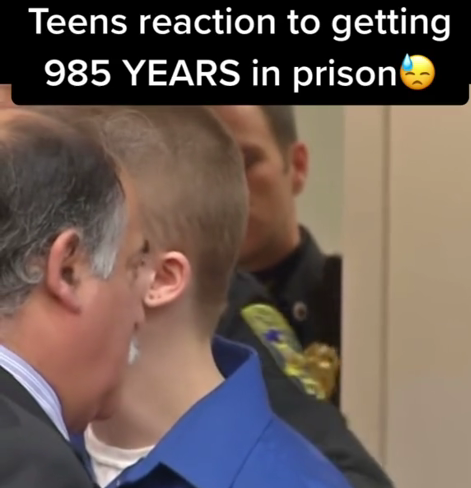All I wanted was to lend a hand to my elderly neighbor after she took a fall in her yard. I never expected that simple act of kindness to spark a family feud, uncover a hidden fortune, and change my son’s and my life in ways I could never have imagined.
My name is Aaron. I am 29, and I live in a quiet corner of Indiana. For the past four years, I have been raising my son, Jack, on my own. He is curious, stubborn, kind-hearted, and my entire world. He’s the reason why I can’t falter, even when everything seems impossible.
I work mostly as a handyman around town. Gutters, fences, patchy driveways, you name it. It’s not glamorous, but it’s honest work, and it keeps us afloat.
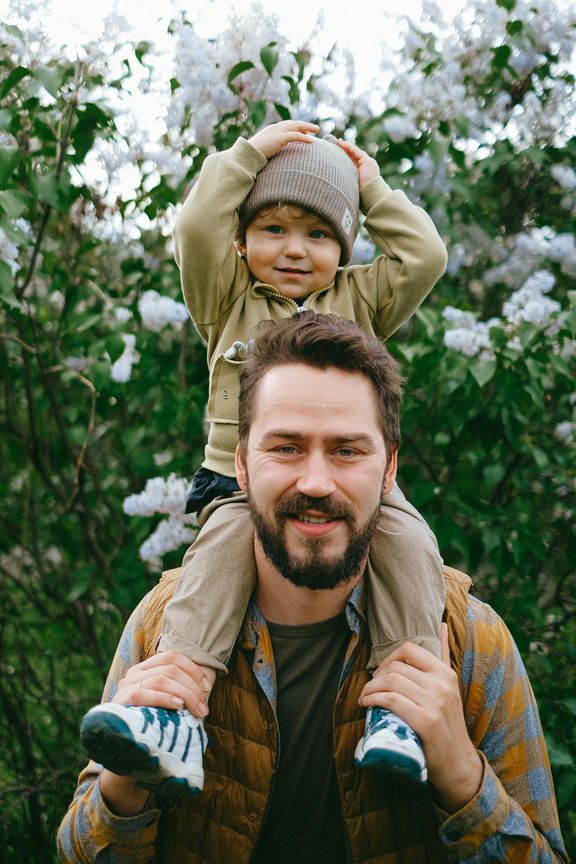
Jack’s mom, Hannah, left when he was still in diapers. There was no dramatic fight, no teary goodbye at the door. Just a single text: “This life isn’t for me. You’ll do better without me.”
For the longest time, I could not even look at the bassinet without choking up. Every midnight fever I soothed, every tiny shoe I tied, and every daycare pickup reminded me that she had chosen freedom over family.
So I kept pushing forward. Some days, that meant three jobs back-to-back. Other days, it meant quietly skipping dinner so Jack could have seconds. But I survived. We survived.
That’s how I met Mrs. Whitmore.
She lived two houses down in a little white cottage with roses climbing the trellis. She was in her late 70s, maybe early 80s, with silver hair pinned neatly in a bun and hands always covered in soil or flour.
One blazing July afternoon, I saw her struggling with a push mower. Before I could shout, it jerked forward and she fell hard onto the grass.
I ran to her, helped her up, and drove her to the ER. Her hip was bruised but not broken. When we returned, I mowed her entire lawn while Jack waved to her through the window.
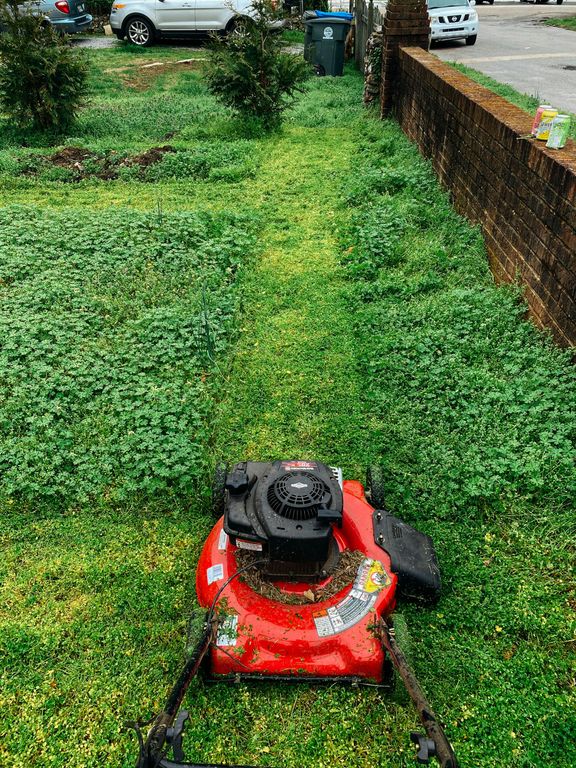
Over the next few weeks, checking on her became routine. I brought groceries, helped with chores, fixed things around the house. Jack brought her drawings, cookies, and made her laugh. She called him her “little gentleman.”
One evening, while fixing her kitchen faucet, I asked gently, “Do you have any family? A daughter? Maybe a son?”
She hesitated, then admitted she had a son—Paul—who lived in Chicago. They hadn’t seen each other in years. He called only on her birthday and sometimes Christmas.
Before I left that night, she handed me a small wooden chest—old, carved with strange faded symbols.
“This was my husband’s,” she said. “And his father’s. I want you to have it.”
I protested, but she insisted. So I accepted it, planning to return it to Paul someday.
Two weeks later, Mrs. Whitmore passed away peacefully in her sleep.
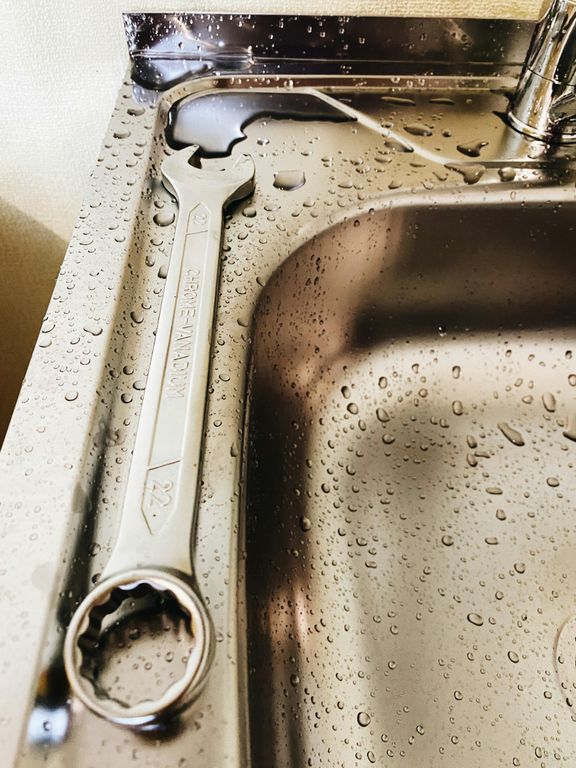
Her funeral was small. Paul didn’t attend.
Days later, during a stormy night, I couldn’t shake the feeling that the little wooden chest meant more than I realized.
Two mornings after the storm, there was a sharp knock at my door. A well-dressed man introduced himself as Paul Whitmore, accompanied by his attorney.
“You have something that belongs to my family,” Paul snapped.
He wanted the chest. Badly. He even tried to write a check on the spot, insisting his mother “wasn’t in her right mind.”
But the lawyer interrupted, asking me to come to his office.
There, he handed me an official notarized document. A letter from Mrs. Whitmore:
“I… declare the wooden chest… a personal gift to Aaron Mitchell, in thanks for his unwavering kindness. This is not a bequest. It is a present given freely…”

Paul was furious, but the lawyer confirmed: the chest was legally mine.
That night, for the first time, I opened it.
Inside were old coins, a rusted locket, sketches, and another letter addressed to “The one who stayed.”
It said that if Paul had shown up, she knew he’d be too late—that I had something he never did: heart.
I later took the chest to an antique appraiser. He nearly fainted.
It was eighteenth-century Italian craftsmanship. Almost priceless. Worth at least three hundred thousand dollars.
I left stunned.
Back home, I remembered another envelope the lawyer hadn’t opened earlier. Inside was a private jet ticket, along with a note: her late husband’s coastal summer home had been temporarily transferred to my name for a fully paid vacation with Jack.
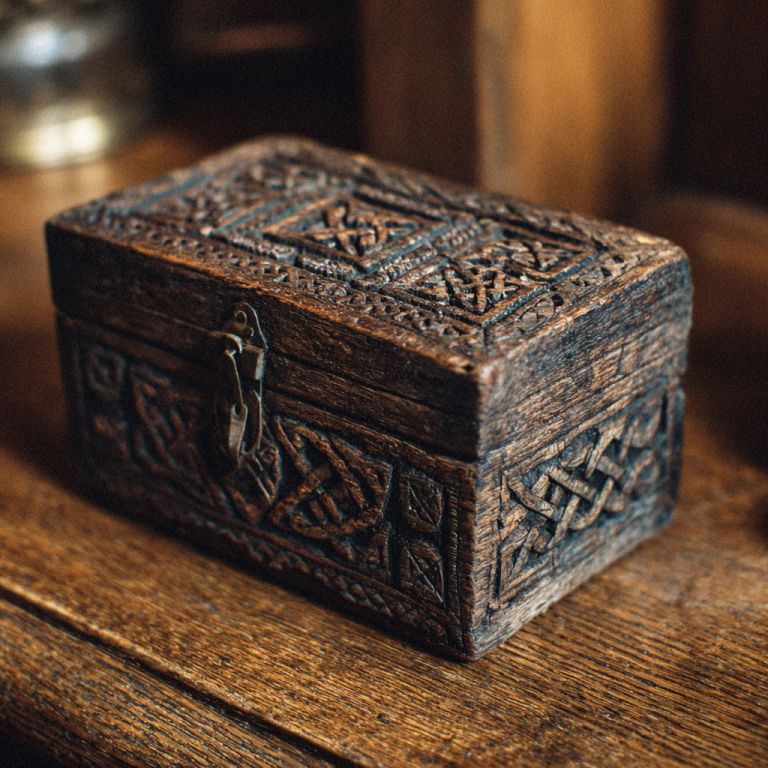
Two weeks later, Jack and I boarded a private jet. His laughter filled the cabin. The summer house was breathtaking. We spent our days building sandcastles, eating ice cream for dinner, chasing seagulls, and talking until we fell asleep.
When we returned home, collectors began calling. Offers poured in—$300k, $400k, even “cash, no questions asked.”
But I thought of Mrs. Whitmore, of her kindness, of her trust.
I typed back: “Not interested.”
She hadn’t given the chest because of its value. She gave it because of the man she believed I was.
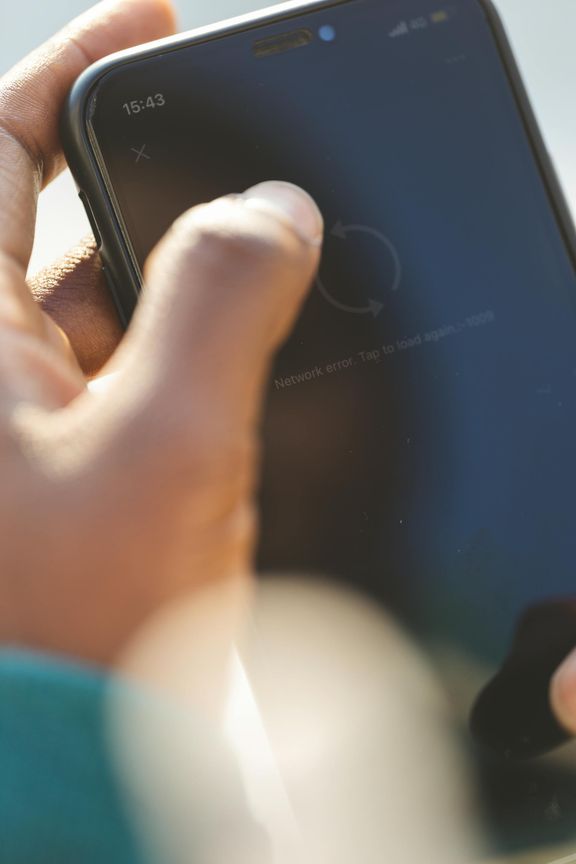
The chest wasn’t the real gift.
Hope was.
And the reminder that kindness matters.
I’ll honor her by raising my son with the same grace she showed us.
That’s a legacy worth more than anything in that chest.



